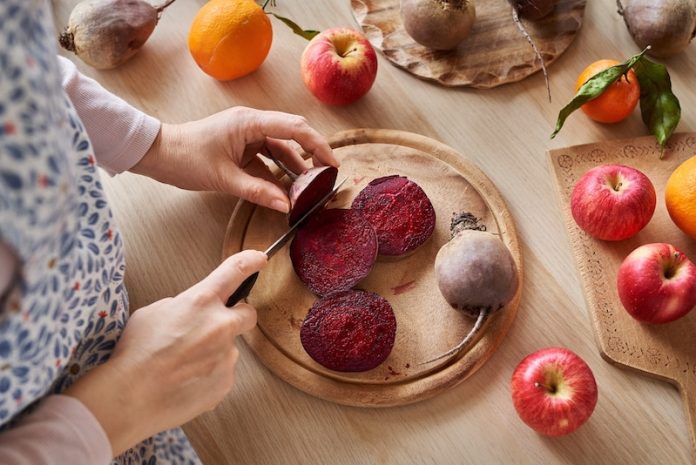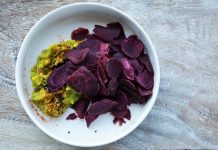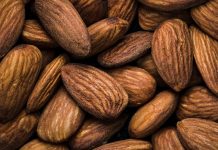
High blood pressure, or hypertension, is often called the “silent killer” because it often doesn’t have obvious symptoms but can lead to serious health problems like heart attacks and strokes.
Your food choices play a significant role in managing your blood pressure. This review aims to help you understand which foods can support healthy blood pressure and which might raise it, all in a simple and clear manner.
The Basics of High Blood Pressure
Blood pressure measures the force of your blood against the walls of your blood vessels. When this force becomes too high, it means the heart has to work harder, which isn’t good in the long run.
Factors like genetics, age, and lifestyle can contribute to high blood pressure. One key lifestyle factor is your diet.
Foods to Support Healthy Blood Pressure
Research has consistently highlighted certain foods and nutrients that can help lower or manage blood pressure.
- A) Fresh Fruits and Vegetables:
Especially those high in potassium like bananas, oranges, potatoes, and spinach. Potassium helps balance the level of salt in your cells, which can support healthy blood pressure.
Berries: Blueberries and strawberries contain natural compounds that have been shown to reduce blood pressure.
- B) Whole Grains:
Foods like brown rice, oatmeal, and whole grain bread have been linked to lower blood pressure levels.
- C) Lean Proteins:
Fish: Especially fatty types like salmon, mackerel, and sardines. They’re rich in omega-3 fatty acids which have been shown in many studies to lower blood pressure.
Poultry and Tofu: These provide good protein without the saturated fats found in some meats, which can raise blood pressure.
- D) Nuts and Seeds:
Almonds, walnuts, and flaxseeds have heart-healthy fats and magnesium, which can help lower blood pressure.
- E) Dairy:
Low-fat milk and yogurt have calcium and can be part of a balanced diet that supports healthy blood pressure. However, be cautious with added sugars in some yogurts.
- F) Limit Salt:
Research suggests that reducing salt intake can help lower blood pressure, especially in people who are sensitive to the effects of salt.
Foods and Drinks to Limit or Avoid
Certain foods and drinks can raise your blood pressure, so it’s best to consume them in moderation or skip them altogether.
- A) Processed Foods:
Most of the salt we eat comes from processed and restaurant foods, not the salt shaker. Foods like canned soups, frozen dinners, and certain snack foods can have high salt content.
- B) Fatty Meats:
Red meats, especially processed types like bacon and sausages, have been linked to increased blood pressure, likely because of their salt and saturated fat content.
- C) Sugary Foods and Drinks:
Sodas, candies, and many desserts are not only bad for your waistline but also for your blood pressure. High sugar intake has been linked to hypertension.
- D) Alcohol:
While a drink once in a while might not hurt, excessive drinking can raise your blood pressure. It’s suggested to limit to one drink a day for women and up to two for men.
- E) Caffeine:
Some people might find their blood pressure rises after having coffee or other caffeinated beverages. It’s best to observe how your body reacts.
In wrapping up, it’s evident that our dietary choices play a crucial role in managing blood pressure.
By incorporating foods that support heart health and being cautious about those that don’t, we can move towards a balanced lifestyle that benefits our overall health.
Remember, it’s always a good idea to discuss any major dietary changes with a healthcare professional to ensure it’s right for your individual circumstances.
Follow us on Twitter for more articles about this topic.
Copyright © 2023 Scientific Diet. All rights reserved.








